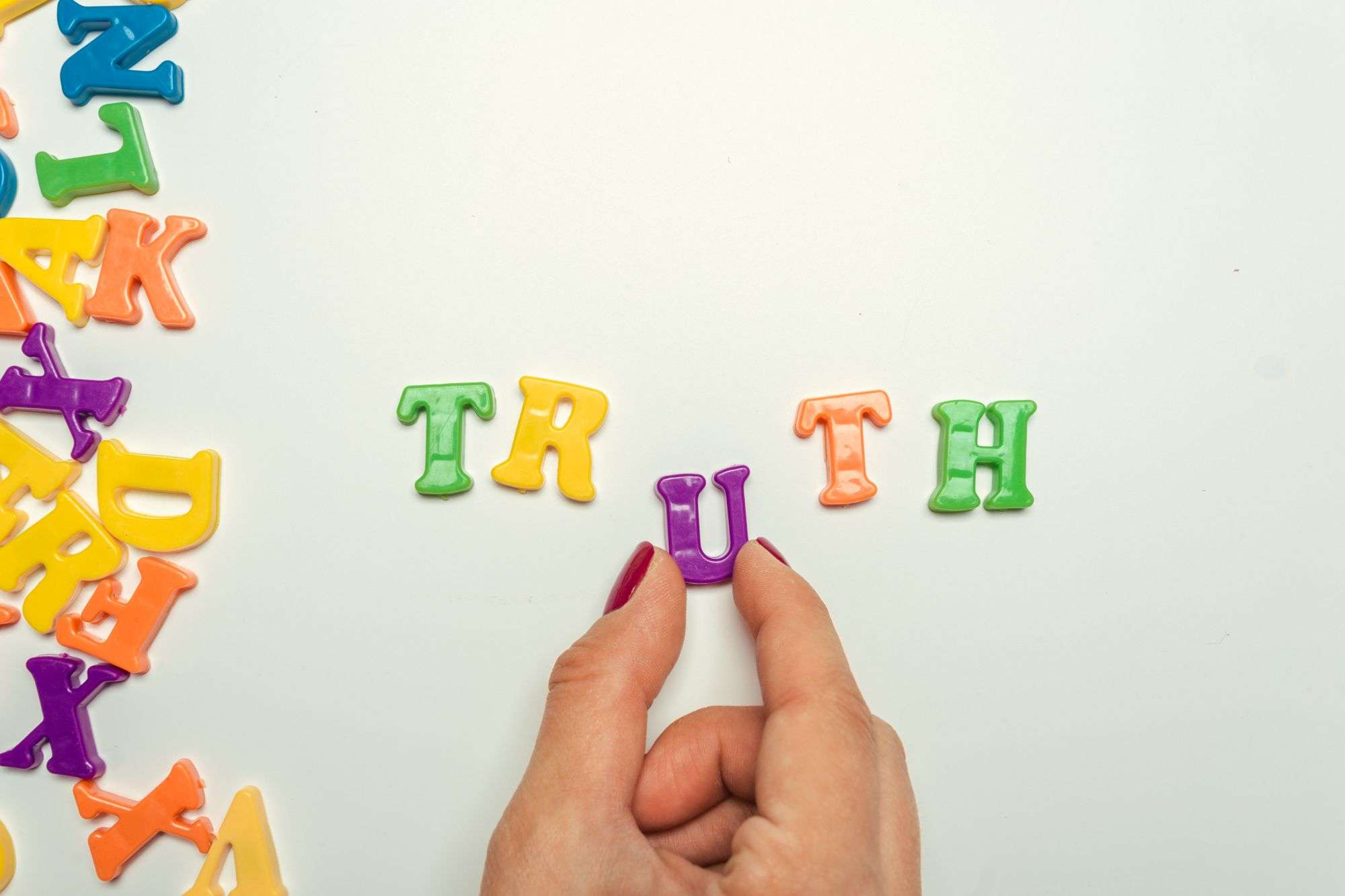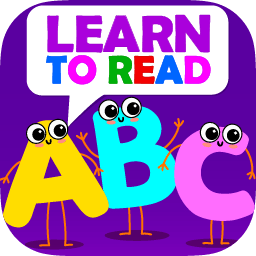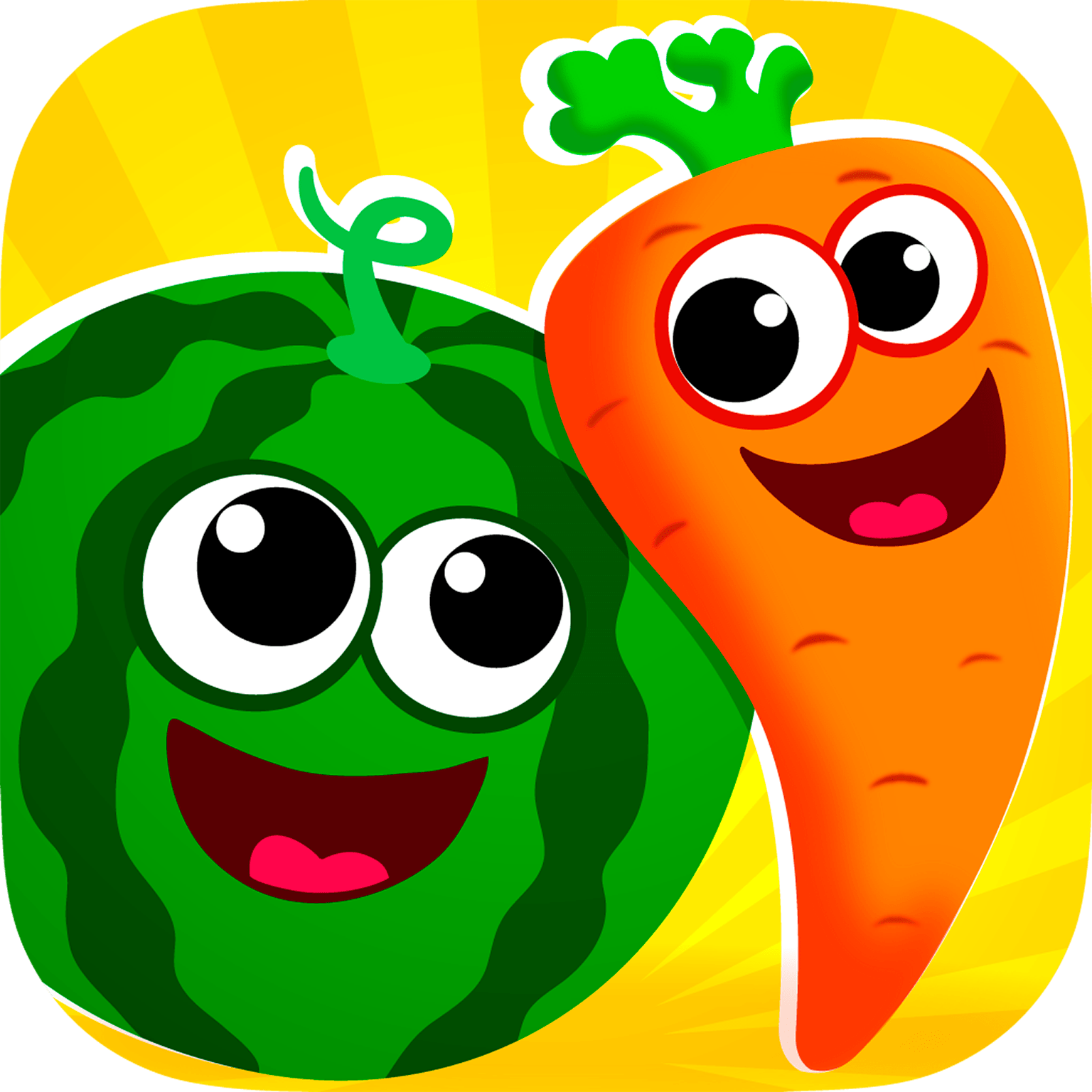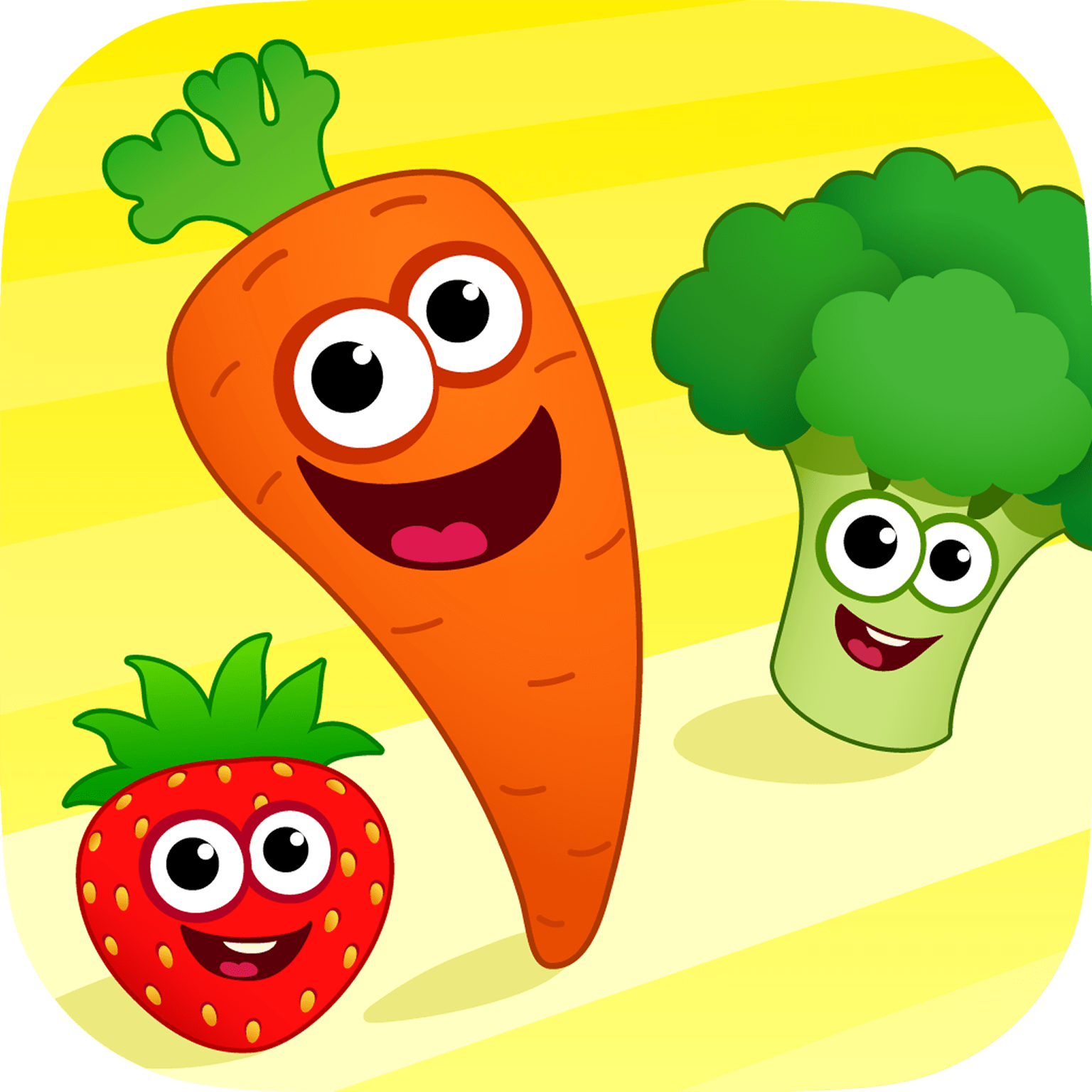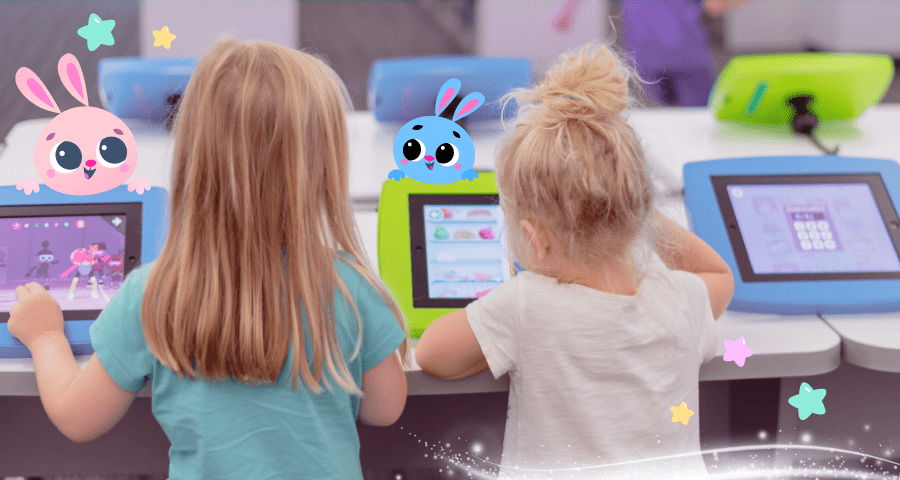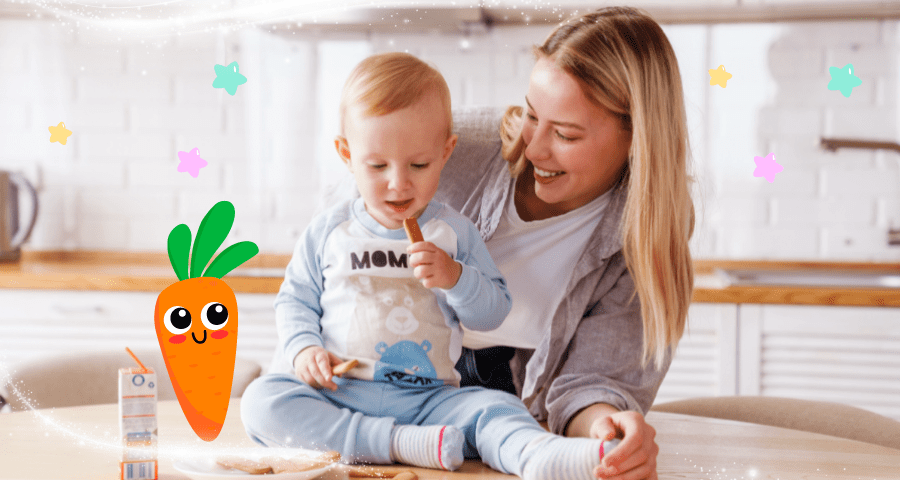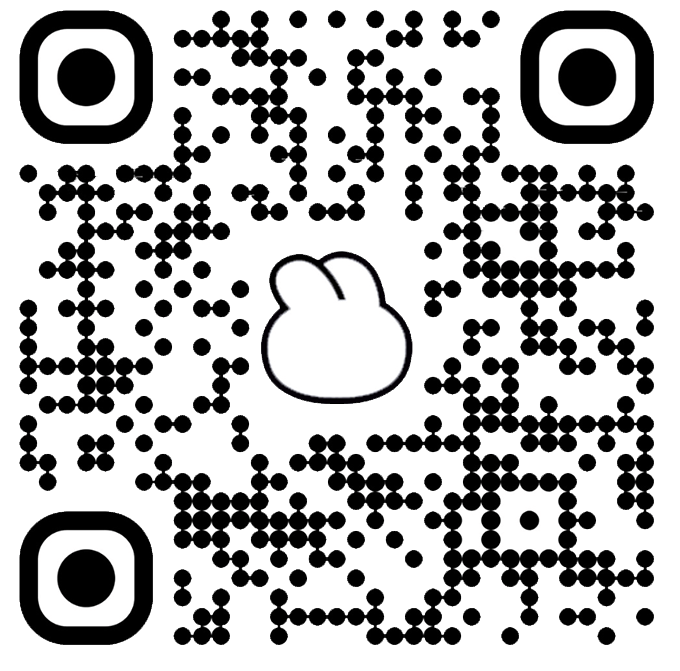Need a fun way to keep your kid busy and learning? Truth or Dare’s got you covered! It’s a super fun game that gets them thinking, being creative, and solving problems. They’ll pick up cool facts, have fun expressing themselves, and explore new things. Plus, it’s a great way for the whole family to hang out and share some laughs!
Nature-Themed Truth or Dare for Kids
- What’s your favorite animal and why?
- If you could turn into any animal, which one would it be?
- What do plants need to grow?
- What’s your favorite season and why?
- Why are bees so important?
- How do trees clean the air?
- What’s one cool fact about space?
- Why is water important for life?
- What do you know about the moon?
- What animal is the loudest in the world?
- Why do leaves change color in the fall?
- Why does the sky look blue?
- What’s the coldest place on Earth?
- How do ants find their way home?
- What do earthworms do to help the soil?
- Why do stars twinkle?
- What’s the biggest planet in our solar system?
- Why do turtles have shells?
- How does a caterpillar become a butterfly?
- Can you name three things you can recycle?
- Why do some birds fly south in the winter?
- What’s your best memory in nature?
- How do rainbows appear in the sky?
- Why do volcanoes erupt?
- What’s something amazing about sharks?
- How do clouds make rain?
- What would you do if you found a baby bird on the ground?
Funny Dares for Kids About Nature
- Act like a monkey for 10 seconds.
- Imitate the sound of three different birds.
- Crawl like a turtle across the room.
- Pretend to be the wind blowing through the trees.
- Walk like a crab from one side of the room to the other.
- Flap your arms like a butterfly for 15 seconds.
- Hop like a frog five times.
- Roar like a lion.
- Act like a seed growing into a big tree.
- Slither like a snake across the floor.
- Pretend you’re floating in space.
- Imitate the way a squirrel moves.
- Pretend you’re digging like a mole.
- Spin around like a tornado.
- Jump up and down like a kangaroo.
- Act like a honeybee collecting nectar.
- Pretend you’re floating in the ocean like a jellyfish.
- Fly around the room like a bird.
- Pretend to be a strong tree swaying in the wind.
- Make a big splash like a fish in the water.
- Move your hands like ocean waves.
- Roar and stomp like a dinosaur.
- Act like a baby chick hatching from an egg.
- Pretend you’re climbing a tall mountain.
- Make the sound of a crackling fire.
- Walk on your tiptoes like a sneaky fox.
- Pretend to be a shooting star flying across the sky.
Truth or Family Dare: Time with Kids and Parents Together
- What is your favorite thing to do with your family?
- What is a fun memory you have with your parents?
- If you could plan a perfect family day, what would it be?
- If you could take a trip anywhere with your family, where would you go?
- What’s the best family tradition you have?
- If you could invent a new family rule, what would it be?
- What’s the best thing about having siblings (or parents)?
- What’s your favorite bedtime story?
- What’s a game you wish your family played more often?
- If you could swap roles with a parent for a day, what would you do?
- What’s the best thing about weekends with your family?
- What’s something your parents always say that makes you smile?
- What’s one word you’d use to describe your family?
- If you could cook a meal for your family, what would it be?
- How do you love to spend a rainy day indoors?
- If you could create a new holiday for your family, what would it celebrate?
- What’s something special about each member of your family?
- What’s your favourite family joke?
- What would your family’s theme song be?
- What’s one family activity you never get tired of?
- What’s your happiest family moment so far?
- If you could make a family time machine, where would you go?
- What’s your favorite thing about spending time with grandparents or relatives?
- What’s one fun fact about your family?
- What’s a talent someone in your family has that you admire?
List of Dares for Kids and Parents
- Have a 30-second dance party together.
- Do a silly runway walk together.
- Have a staring contest with your parents.
- Whisper a funny secret to each other.
- Act out an animal and let the family guess what it is.
- Take turns telling a one-sentence story.
- Sing a song together in funny voices.
- Do a team hula hoop or jump rope challenge.
- Create a handshake for the whole family.
- Have a 5-minute “no talking” challenge.
- Try to build a tower with pillows or books.
- Make up a silly family cheer.
- Play “telephone” by whispering a message down the line.
- Say the alphabet backward together.
- Take a family selfie with everyone making a funny face.
- Have a quick shadow puppet contest.
- Try to do a group jump at the same time.
- Make up a funny story about your family.
- Pretend the floor is lava and get across the room together.
- Try to do a group high-five in midair.
- Create a silly family slogan.
- Pretend you’re all speaking an alien language for one minute.
- Do a 10-second silent challenge.
- Try to spell your names backward.
- End with a big family hug!
Truth or Dare for Kids: Math Challenges
- What number comes after 9?
- How many fingers do you have?
- Can you count backward from 20?
- What’s the biggest number you know?
- How many legs does a spider have?
- What is 5 + 3?
- Can you name a shape with three sides?
- How many wheels does a bicycle have?
- What’s 10 minus 4?
- If you have 2 apples and get 3 more, how many do you have?
- What’s the difference between even and odd numbers?
- How many sides does a square have?
- What number is between 7 and 9?
- Can you double the number 4?
- What number comes before 100?
- How many corners does a rectangle have?
- If you add 3 to 7, what do you get?
- What’s bigger: 12 or 21?
- What’s a pair of numbers that add up to 10?
- How many toes does a cat have?
- What’s the shape of a pizza slice?
- What’s the number on a stop sign?
- What’s the difference between 8 and 3?
- If you have 4 balloons and pop 2, how many are left?
- How many numbers are on a standard die?
- How many sides does a triangle have?
- Can you count to 15 in another language?
Exciting Math Dares for Kids
- Hop 10 times while counting aloud.
- Find 3 objects in the room shaped like a circle.
- Count your fingers and toes as fast as possible.
- Clap your hands 20 times.
- Draw a star using only dots.
- Build a tower using exactly 6 blocks.
- Find something in the house with the number 7 on it.
- Tap your nose 5 times and say the number out loud.
- Draw a number line from 1 to 10.
- Hold up fingers to show 4 different numbers.
- Skip in a circle while counting by twos.
- Touch something that is shaped like a square.
- Count how many different colors you can see.
- Find and hold up 5 fingers on each hand.
- Walk across the room in 7 big steps.
- Find 3 pairs of things.
- Pretend you are a robot counting to 20.
- Stand like a flamingo while counting to 12.
- Spin in a circle 9 times.
- Find 2 objects that are shaped like rectangles.
- Count how many socks you have on.
- Find something that has numbers on it.
- Draw a clock face with numbers.
- Hold up fingers to make a math equation.
- Find something that has 3 sides.
- Clap and count to 25.
- Make up a song using numbers.
Kids Truth or Dare Questions for Improving Imagination
- What superpower would you like to have?
- If you could travel to space, what planet would you visit?
- What would happen if the ocean turned to jelly?
- How would you build a house out of candy?
- If you could visit any imaginary land, where would you go?
- What would you do if you suddenly woke up and were invisible?
- How would you design the perfect playground?
- If you could have a robot, what would it do?
- What’s a new game you could invent?
- If you could be a character in the your favourite book, who would you be?
- What would happen if animals could drive cars?
- If you were a pirate, what treasure would you search for?
- How would you make a flying bicycle?
- What would your dream treehouse look like?
- How would you make a toy come to life?
- What would happen if it rained chocolate?
- How would you escape from a castle if you were trapped?
- If you could swap places with a cartoon character, who would it be?
- How would you design a city for mermaids?
- What would happen if books could talk?
- If you found a hidden door in your house, where would it lead?
- What’s the best invention you can think of?
- What’s the most embarrassing thing that’s ever happened to you?
- What would you do next if you found a treasure chest?
- If you could be friends with any person, who would it be?
- What would you do if you had only one second to make a big decision?
- If you could change something bad at school, what would it be?
Easy Dares for Kids: Simple Activities for Big Smiles
- Act like an elephant for one minute.
- Make up a new dance move.
- Pretend you’re flying like a superhero.
- Try to balance something on your head for 10 seconds.
- Create a short story in 30 seconds.
- Draw a picture using only one color.
- Make up a funny poem.
- Pretend to be a tennis player for 2 minutes.
- Act out a fairy tale without using words.
- Build something using only pillows.
- Pretend to be a famous artist.
- Create an imaginary pet and describe it.
- Jump like a kangaroo for 1 minute.
- Try to tell a joke without laughing.
- Draw a picture with your non-dominant hand.
- Pretend to be a giant walking in slow motion.
- Make up a superhero name and pose.
- Try to spell your name using dry pasta pieces.
- Act like your favorite storybook character.
- Try to make up a song about your day.
- Create a new word.
- Try to hop on one foot for 20 seconds.
- Make a silly hat out of paper.
- Pretend to be a famous chef and describe your dish.
- Act out your favorite movie scene.
- Walk like different animals.
- Pretend to be a talking tree.
How Truth or Dare Can Boost Your Child’s Growth
- Morning Start: Ask a truth question to get your kid thinking.
- Mealtime Chats: Ask a truth question during breakfast or dinner.
- Car Rides: Keep them engaged with fun dares while traveling.
- Bedtime: End the day with a calming truth or a silly dare.
- Reward Time: Use dares to encourage good behavior.
- Learning Boost: Connect truth or dare questions with what your child is learning.
- Family Fun: Play as a family to bond and laugh together.
- Outdoor Play: Add active dares to get them moving.
How to Make It More Fun?
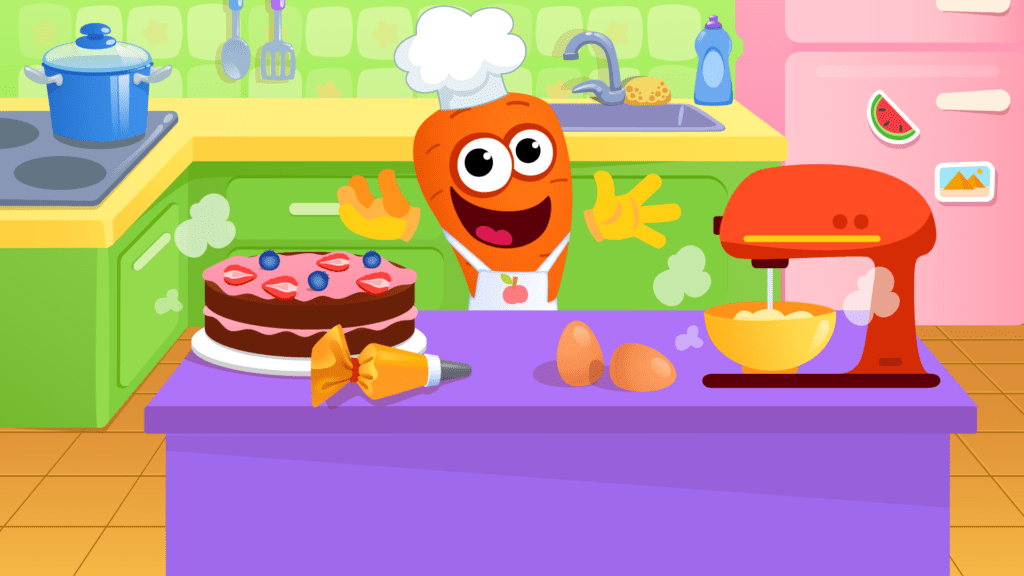
Got a lot on your plate but still want to help your kid learn? Bini Games apps are the perfect solution! With fun characters, exciting tasks, and cool adventures, your little one can learn while they play—no need for you to stop what you’re doing. When you’ve got a moment, ask about the games they played or give them a fun challenge based on what they learned.
Try our apps today and let your child have fun while they grow!

